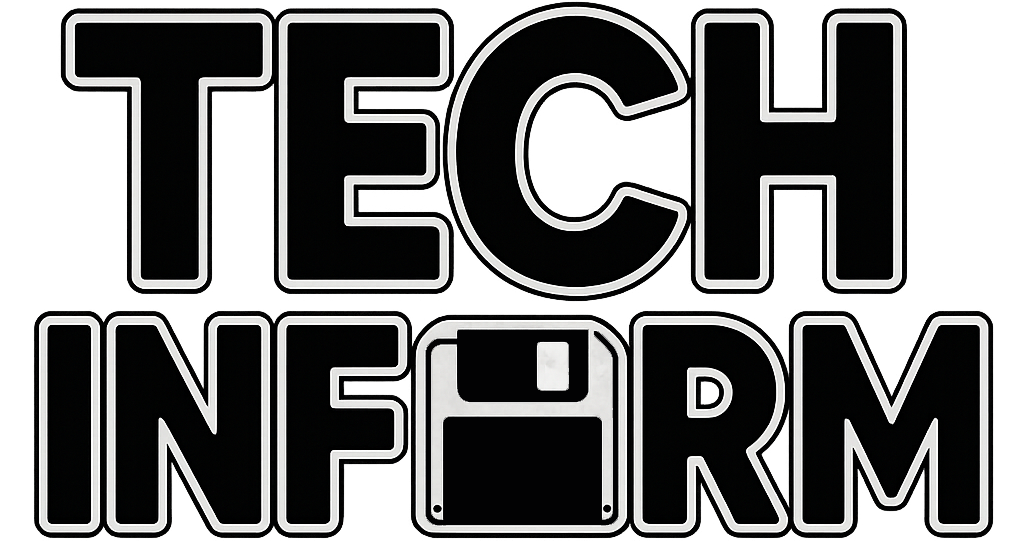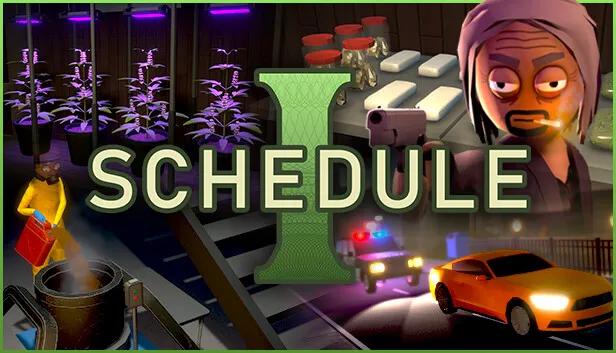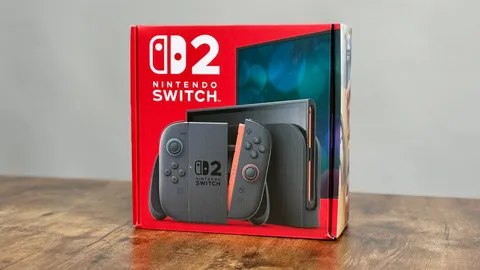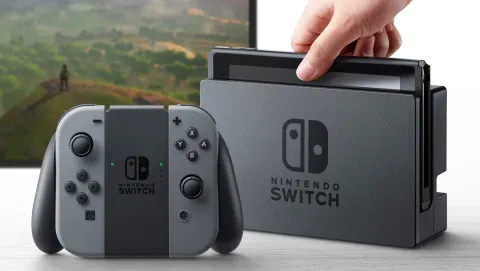Success, Suspicion, and Simulators: Welcome to Indie Game Fame in 2025
You ever bake something from scratch—maybe banana bread, maybe a new chili recipe—and then a friend takes one bite and says, “Hey… did you steal this from my recipe?”
Sure, maybe you both used similar ingredients. Maybe it feels familiar. But unless you printed out their recipe card and copied it line for line, that accusation starts to sound more like jealousy than justice.
That’s exactly the vibe right now in the world of indie games, where Schedule 1—a co-op drug empire sim that just went nuclear on Steam—is now dealing with a copyright storm courtesy of another developer who swears they saw the idea first.
Schedule 1’s Meteoric Rise
Schedule 1 launched into Early Access on March 25 and immediately set off alarms—in the good way. Over 130,000 players in the first two days, glowing reviews, and a Twitch-fueled wave of word-of-mouth that turned this gritty, offbeat simulator into one of the biggest surprises of the year.
It’s a drug empire management game with co-op multiplayer and just enough stress to make you feel like you’re one mistake away from losing it all. Basically: the kind of game where you yell at your friend for not hiding the product before the cops knock.
TVGS, the studio behind it, looked like they had a smash hit on their hands. But then came Movie Games S.A.—creators of Drug Dealer Simulator—with a different kind of message: We think you copied us. And we’re investigating.
The Accusation: Too Close for Comfort?
To be fair, the two games are definitely playing in the same sandbox. Both are about building a narcotics operation, evading the law, expanding your turf. The mood, the mechanics, even the UI in spots—there are similarities.
But how much overlap is too much? And when does inspiration become imitation?
So far, Movie Games hasn’t offered hard proof of any stolen code, art, or assets. Just suspicions that the tone and structure of Schedule 1 are a little too close to home.
But here’s the thing: baking banana bread isn’t stealing just because someone else added chocolate chips first.
Let’s Talk Copyright: You Can’t Own a Genre
In the world of game dev, copyright doesn’t protect the idea of a drug-dealing simulator. It protects the specific expression—meaning the actual assets, dialogue, music, and code.
So unless TVGS straight-up lifted code or reused art, this isn’t an open-and-shut case. It’s not even an unusual situation. Entire genres exist with overlapping mechanics—match-three puzzlers, survival horror games, even city-builders. Nobody sues because one racing game also has nitrous boosts.
If Schedule 1 improved on the formula, that’s not theft—that’s iteration. That’s how game design evolves.
This Feels Like a Reaction to Sudden Success
Honestly? This probably wouldn’t even be a story if Schedule 1 had launched to a quiet reception. But that’s not what happened.
It’s now surpassed The Witcher 3 in peak concurrent players on Steam. It’s closing in on 3 million copies sold. It’s got content creators, modders, and fan forums already buzzing with theories and tips.
That kind of explosion puts a target on your back. And sometimes, when a game catches fire overnight, the people who almost did it first start looking for ways to dim the spotlight.
So… Did They Steal Anything?
From everything we’ve seen so far: doesn’t look like it. At least not in a way that would hold up in court.
Could the UI have taken cues from Drug Dealer Simulator? Sure. Could the mechanics be inspired by what came before? Definitely. But that’s not illegal. That’s how every genre grows—from platformers to battle royales.
This feels less like a ripoff and more like two people showing up at the same bake sale with similar recipes. One just happened to add a secret sauce that people went nuts for.
Should You Play It?
If you like chaos, co-op, and morally questionable management sims—yeah, absolutely.
Schedule 1 is $24.99 right now and still getting regular updates. It’s not perfect, but it nails the “oh no, we’re in trouble” energy that makes co-op games a blast. The fact that it’s gotten this big, this fast, says something: it’s doing something right.
I haven’t seen this kind of breakout success in a niche game since Vampire Survivors, and that one didn’t even let you sell fake product to AI drug lords.
Final Verdict: A Genre Grows Up—and Gets Messy
If this ends up in court, maybe there’s more to the story. But until then, this just feels like one studio realizing they got outplayed.
Success always comes with baggage. But if Schedule 1 is guilty of anything, it’s baking up a better batch—and sharing it with the whole internet.





